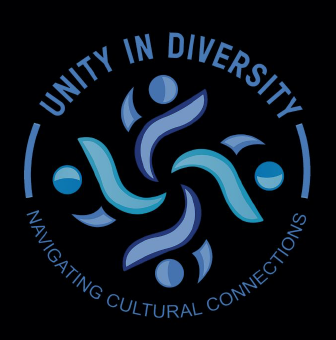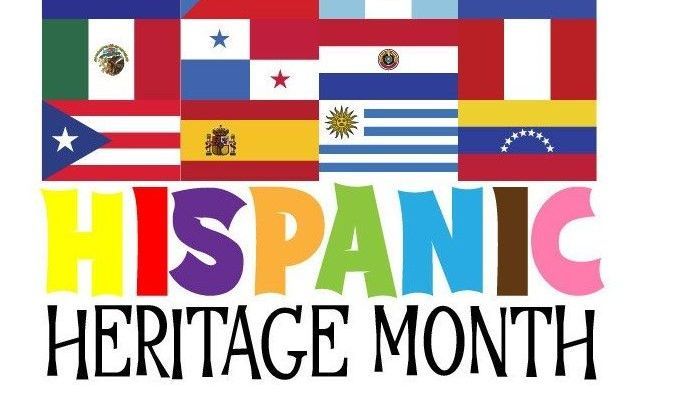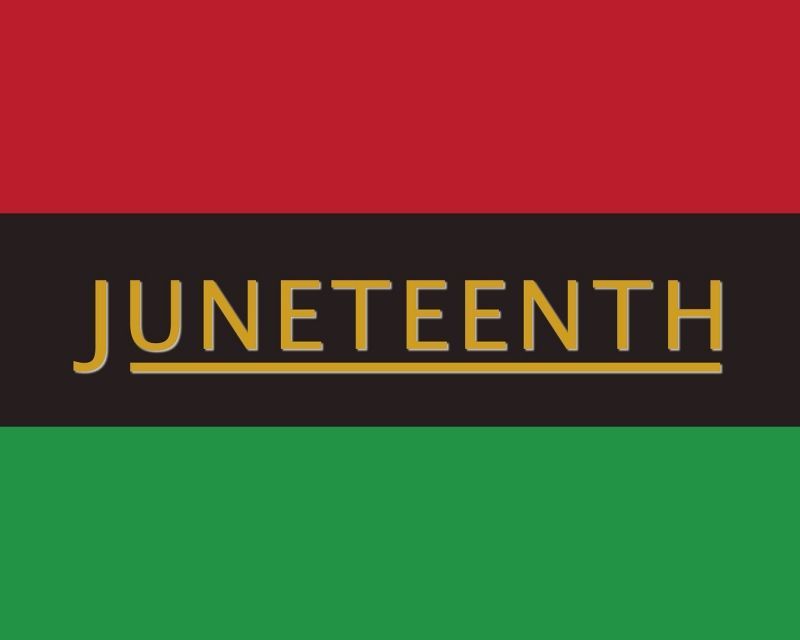mARLENE gODSEY
cULTURAL iNCLUSIVITY TRAINER
Article
Job Interviews Are Tough!
Are we not qualified?
In today's competitive job market, the process of interviewing and resume evaluation has become increasingly challenging for many qualified individuals. Despite possessing the necessary skills, experience, and qualifications, many applicants find themselves.
disqualified due to various factors in the hiring process. Let's talk about why this happens and how it can be damaging to both the candidates and the employers.
One of the primary reasons for disqualifying qualified applicants is the reliance on traditional and rigid interview and screening practices. Many companies still conduct interviews using standardized questions that may not assess an applicant's true potential, even though they possess valuable skills and experience. Another issue is the over-reliance on resume screening software, which can lead to qualified candidates being overlooked. But let's not forget the high-pressure interview settings that can throw off even the most qualified applicant! Yet, after all this, we still have to deal with biases in the hiring process, which can play a significant role in disqualifying qualified applicants based on factors such as race, gender, age, or educational background.
So, what does this tell us? What can we do to secure the jobs we are qualified for?
The reality is this is an issue for both the applicants and the employers. The applicants being disqualified from a job opportunity can be demoralizing and can have long-term effects on their confidence and career path. It can also perpetuate inequalities in the workforce, especially for marginalized groups who may already face barriers to employment. For employers, disqualifying qualified applicants can result in missed opportunities to hire top talent and can lead to higher turnover rates and lower employee morale if less qualified applicants are hired in their place.
So, what do we do?
In a perfect world, we would leave this solution up to the hiring company. They should take steps to assess and improve their hiring practices. This could include implementing more inclusive and flexible interview processes that allow candidates to showcase their skills and experiences in a meaningful way and invest in training and education for hiring managers to reduce biases in the hiring process. Until employers start to make tangible movement in this area, we need to prepare before interviews.
Interview practice and training are gold. I have spent many years working with others to prepare them for the dreaded interview, and I’ve seen massive success with this practice with others and myself. It’s important to remember that practice makes perfect.
However, if you don’t have the opportunity to work with an interview trainer, here are some steps to help you prepare:
- Anticipate some of the general questions you may be asked based on the position you are applying for and rehearse in front of a mirror how you might answer those questions.
- Don’t be afraid to take a notepad to your interview with some bullet points of experience and stories. Use keywords that will trigger answers and experience you might otherwise forget when under pressure.
- Don’t forget to pause; you are not a robot, and employers do not expect immediate responses. Take a breath and think for a few seconds before responding so you can better articulate and sell yourself.
- Take water. You will probably be nervous, sweat, and get dry mouth. Always take water and take pauses and sips throughout the interview.
- Wear white or very dark-colored shirts or a blazer. You will perspire when nervous, and your confidence will plummet when you realize you have huge visible sweat pools under your armpits! (trust me on this)
- Try to be confident, hold your head up high, and practice, practice, practice. Remember, they are just people on the other side of that table.
- Make sure to research the company before your interview. You never want to walk into an interview not knowing who the company is, what they do, or their values.
In conclusion, the practice of disqualifying qualified applicants is a significant issue in today's job market. By reevaluating traditional interview and resume practices and addressing biases in the hiring process, employers can improve their ability to identify and hire top talent, leading to more successful and diverse workplaces. However, in the meantime, work on your skills, seek out qualified interview trainers, and breathe.
You Can Do This!
more Diversity, Inclusivity, and Equity posts

All Rights Reserved | Marlene Godsey
Port Angeles, WA 98362
Clallam County
Website Designed and Developed by Port Angeles Web Design




